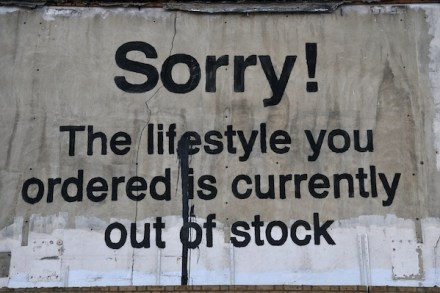Paying Osborne’s bills
In her early campaigning days as Conservative leader, Mrs Thatcher had the gift of being able to relate the national economy to the domestic finances of ordinary voters. The battle against inflation commenced with her and her shopping basket, nattering away with voters over the cheese counter. It is a skill which David Cameron needs










